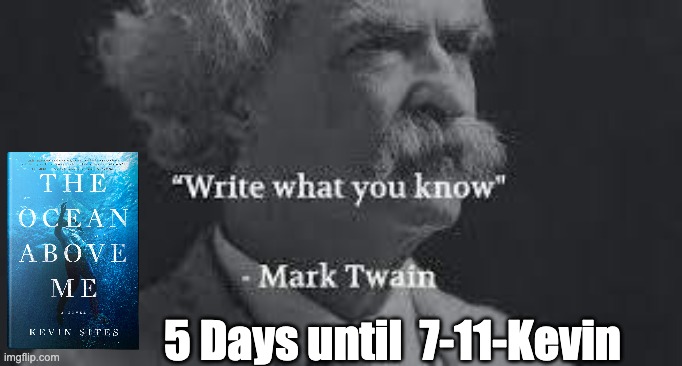SEMI-RUDE QUESTION:
Okay, let me get this straight. In your novel, the main character is a journalist and former war correspondent. Same as you, right? Did you just steal from yourself and repackage it as fiction?
ANSWER:
It’s fair to suspect that when a novel’s protagonist has the same day job as the author then the book must be autobiographical.
The novelist might just be lifting scenes from their own life in a too-strict interpretation of that old chestnut of literary advice attributed to Mark Twain, ‘write what you know.’
might just be lifting scenes from their own life in a too-strict interpretation of that old chestnut of literary advice attributed to Mark Twain, ‘write what you know.’
In my novel, the main character, Lukas Landon is a journalist.
Just like me.
More specifically, he’s spent much of his career reporting on war and conflict.
Just like me.
But he is not me.
Not by a longshot.
While we both bumped up against major ethical dilemmas in our reporting careers, his life, his narrative have a much, darker and more unforgiving arc.
One developed from the foundational “what happens when” question I posed before I started the novel.
What happens when an individual bears a secret so great it could destroy them if left untold? A premise perfectly suited to someone who once reported on war.
And while Landon relates many anecdotes from the wars in Iraq and Afghanistan, which I also covered, his are all fully fictional.
However, some are seasoned, at least in part, by my own journalistic reporting experiences or those of colleagues.
Experiences that provided essential specificity and detail to help render war authentically – in all its insanity, absurdity, banality, and even — hilarity. Yet still, in service of that over-arching question: What happens when?
BOOKSHOP BESTIES:
Kramers (Washington, DC)
“Kramers first opened amidst the Bicentennial celebrations of 1976 as DC’s first bookstore-café. In addition to our one-of-a-kind indie bookstore, we also have a full-service bar and restaurant where we host our author events.
https://www.kramers.com/
